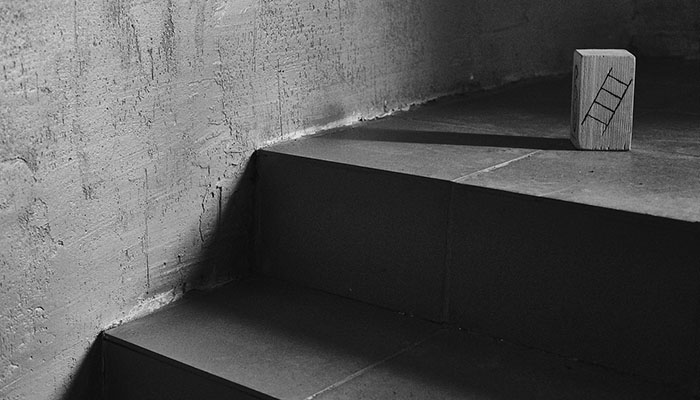Mold can develop wherever moisture is present. In our previous article, we discussed several places it can hide, including:
- Attics where roofs are leaking
- Underneath kitchen and bathroom sinks
- On window sills and inside window panes
- Around bathtubs and showers
- In basements, crawlspaces, and foundation walls
- Floors and sub-floors, especially where there was previous water damage
- Under and around kitchen appliances
In this article, we will help resource you with tools to determine whether you have mold, and what you can do about it.
What Causes Mold To Develop?
Mold thrives wherever moisture is present. It can develop within 48 hours of the occurrence of water damage or presence of moisture. High humidity, appliance and pipe leaks, basement or foundation flooding, and anything that traps moisture in your home can lead to mold.

What Are Signs My Home Has Mold?
Mold can grow in places difficult to locate; however, there are several signs of its presence, including, but not limited to sight:
- Odor: Molds often smell musty, like a wet dog, or moist towel from a gym bag.
- Sight: Mold may appear sort of like mud or dirt, but there are distinguishing features. Molds tend to colonize and appear somewhat fuzzy.
- Humidity: If your home is unusually humid, it could mean mold is hiding somewhere.
- Water Damage: If water damage is not quickly and properly dried, it could lead to mold development. Mold may develop due to water damage that occurred before you moved into your home.
- Allergies: If your family suffers from allergies that seem worse indoors than outside, it could be indicative of the presence of mold.
If you suspect your home has mold, the most important thing you can do is call a professional. Mold should be remediated as soon as possible.
What Should Homeowners Do About Mold?
If you suspect or know you have mold in your home, the most important thing you can do is have it removed. Almost as important for you and your family, homeowners must correct the source of the moisture.
Homeowners should not attempt to clean or remove molds before consulting a professional. If you contact a contractor, we will make sure we identify and correct the source. Whether it’s due to humidity or water damage, the best way to guard against mold is to repair any moisture issues.
Contact us, if you have questions regarding mold remediation, water damage repair, or any other general contracting questions in Asheville and western North Carolina.

